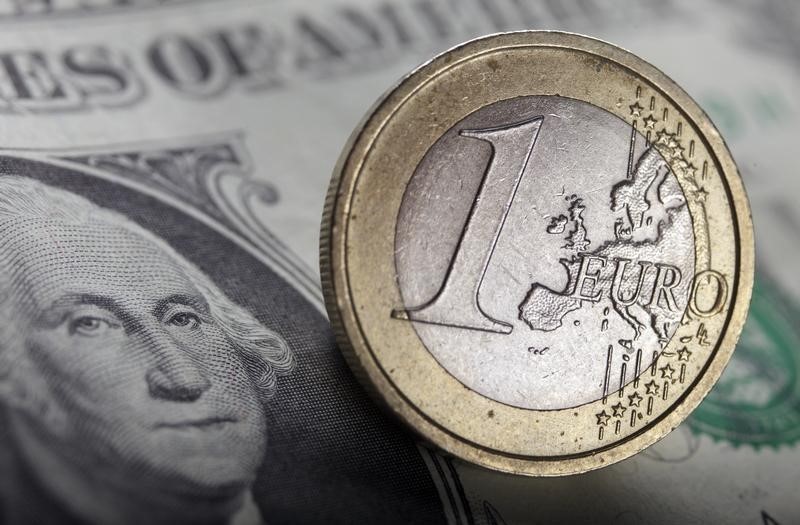Investing.com – The U.S. dollar fell lower on Tuesday, heading toward a one-week low on a report that newly elected President Donald Trump’s tariffs could be less aggressive while the euro gains ahead of key inflation data.
At 04:25 ET (09:25 GMT), the Dollar Index, which tracks the greenback against a basket of six other currencies, was trading 0.3% lower at 107.775, after falling overnight to the weakest since December 30.
Dollar continues to lag behind
The dollar has fallen behind since the Washington Post published a report on Monday saying the new Trump administration was exploring plans to limit tariffs to sectors considered critical to US national or economic security.
President-elect Donald Trump denied the report in a post on his Truth Social platform, but the dollar is still struggling to make progress.
“The dollar’s inability to recoup all its intraday losses on Monday likely points to two factors: first, the market was strongly in favor of the dollar after a nearly uninterrupted three-month rally; second, the view that there is no smoke without fire and that the contents of that Washington Post report sounded sensible,” ING analysts said in a note.
There’s a lot of U.S. economic data to digest Tuesday, including for December and November, ahead of Friday’s release from the closely watched data for further clarity on the health of the world’s largest economy.
“It’s unlikely that investors will consider actively selling the dollar ahead of Trump’s inauguration on January 20, based on speculation about softer rates – but we could see a little more currency positioning rebalancing and a little more dollar consolidation in the meantime can see,” ING added. .
The euro is rising faster than inflation data
In Europe, it rose 0.4% to 1.0431, up after jumping to a one-week high on Monday.
Attention turns on Tuesday to the release of the latest eurozone inflation data – the last data on regional prices before the European Central Bank’s next meeting on January 30.
Interest rates for December are expected to have risen 2.4% year-over-year in December, up from 2.2% in November.
However, data from Spain and Germany showed inflation rising faster than expected, while France surprised negatively.
Investors currently expect the ECB to cut rates by around 100 basis points in the first half of 2025, and any sign of further easing inflation would give the ECB room to ease policy even further, which would weigh on the single currency.
traded 0.4% higher at 1.2569 after sharp gains overnight, despite data showing UK house prices fell unexpectedly last month for the first time since March.
Mortgage lender Halifax said rates fell 0.2% in December, after rising 1.2% in November, and were 3.3% higher this year – lower than the expected 4.2%.
Interest rates were unchanged last month after consumer prices rose above target, and further rate cuts are expected to proceed cautiously this year.
The yuan remains weak
In Asia, the currency rose 0.1% to 7.3325, with the Chinese currency still underperforming, hitting its weakest level in 17 years on Monday.
Although the currency recovered some ground, it remained vulnerable, with new US. restrictions against Chinese companies are putting more pressure on the currency.
fell slightly to 157.56, after previously reaching the highest level in almost six months.


